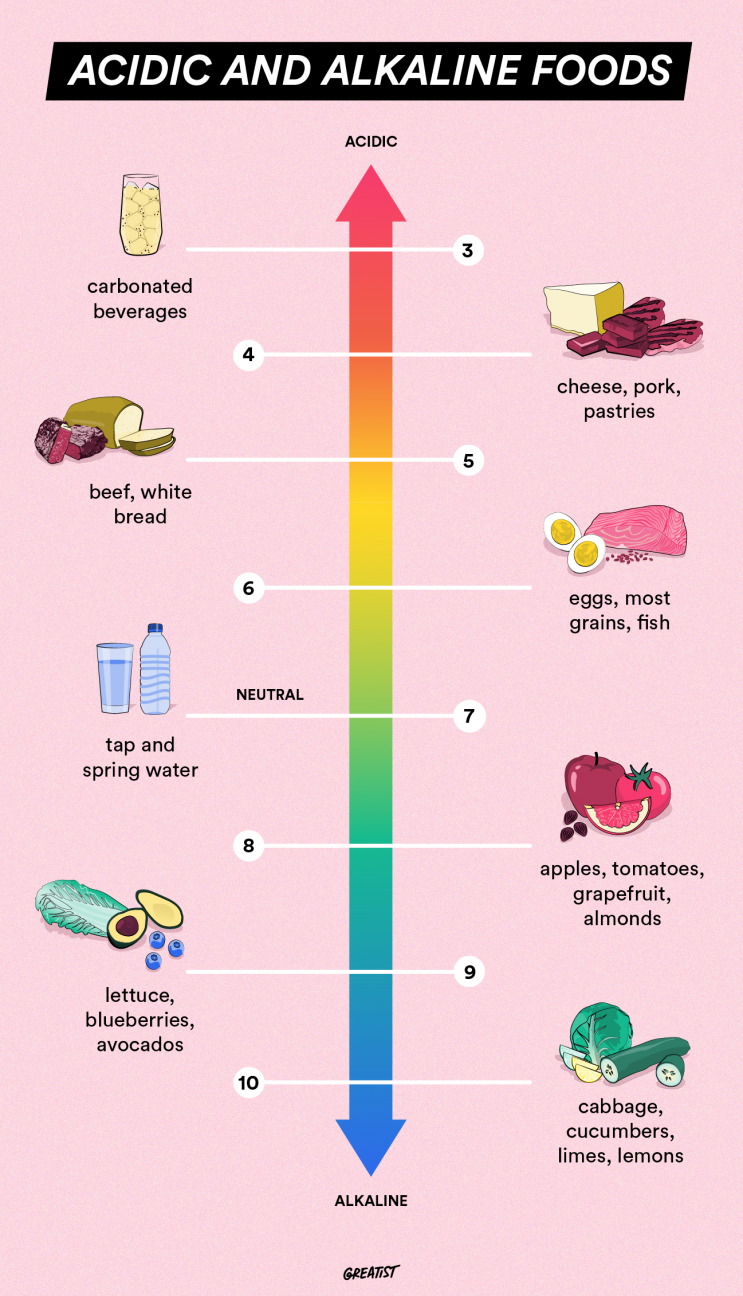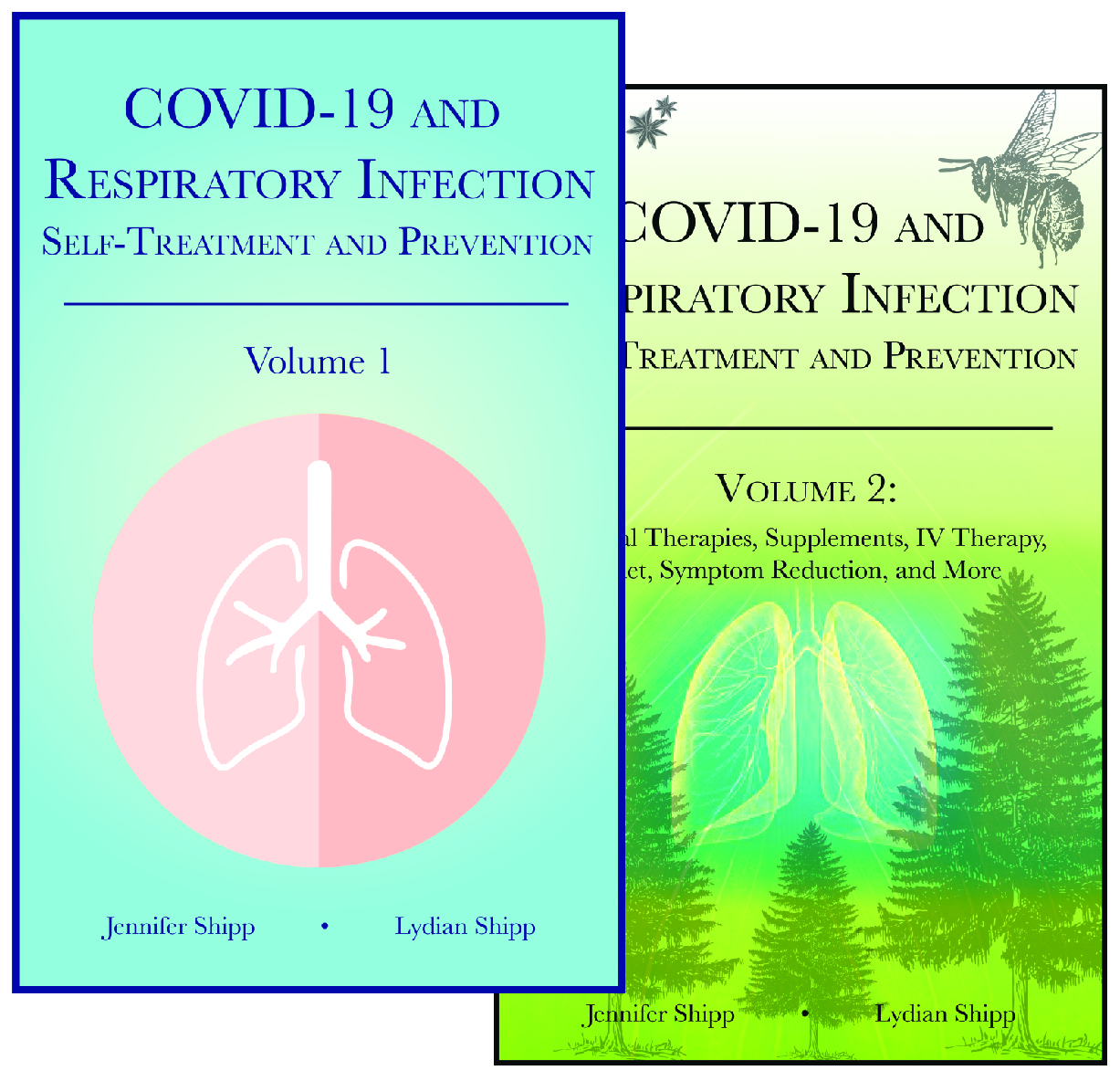The Alkalinity Diet Treatment for COVID-19
 Alkalizing the body is one of the most important ways to beat a stubborn cold, COVID infection, or the flu. Because the viruses and bacteria that cause these infections prefer an acidic environment, by alkalizing yourself, you’re making your body an inhospitable environment for these pathogens. Alkalizing will not only kill off the pathogens causing these illnesses, but it will also prevent them from replicating. Overall, this is one of the most gentle and effective ways to beat a variety of infections, including COVID-19.
Alkalizing the body is one of the most important ways to beat a stubborn cold, COVID infection, or the flu. Because the viruses and bacteria that cause these infections prefer an acidic environment, by alkalizing yourself, you’re making your body an inhospitable environment for these pathogens. Alkalizing will not only kill off the pathogens causing these illnesses, but it will also prevent them from replicating. Overall, this is one of the most gentle and effective ways to beat a variety of infections, including COVID-19.
Here are some ways to alkalize the body with diet (follow as many of these suggestions as you can stand for the best results):
Juicing
Besides being a great way to get extra nutrients into your body, juicing can also help alkalize the body. Juicing can be somewhat time consuming, but because the results are very positive, this is one of our most highly recommended dietary treatments for COVID. Juices should be consumed the same day that they’re made, and they may be drunk in place of breakfast or lunch, or as a mid-morning or mid-afternoon snack. They may also accompany meals.Invest in a quality juicer and get started making some of these juice recipes:
- Carrot-Beet Juice - This is exactly what it sounds like! You don’t need to peel the carrots before juicing, however you should still peel the beets. Mix with lemon or orange juice for maximum absorption of nutrients from these vegetables. This juice is surprisingly hardy (almost creamy), and it could easily be drunk in place of a lunchtime meal if desired.
- Citrus Juice - Using a citrus juicer, drink a daily juice made from oranges and/or grapefruits. Because grapefruit juice can sometimes be bitter, mix it with orange juice to make it more tasty. Grapefruit is an excellent liver cleanser, and both of these fruits are a source of vitamin C (essential for recovery from COVID).
- Cucumber-Watermelon Juice - These are again a great source of vitamin C, and the two fruits go great together in a juice. This is a light, refreshing drink that’s good as a snack or a light breakfast “meal”.
- Mixed Fruit Juice - Choose some of your favorite fruits (grapes, apples, pears, melons, papaya, etc. are good choices) and make them into a juice. Avoid bananas and other creamy fruits, but any juicy fruit is fair game!
- Mixed Vegetable Juice - Most people would think that a mixed vegetable juice wouldn’t taste nice, but surprisingly, there are quite a few vegetables that you can juice that taste good in juice-form. You can make juice with cauliflower, broccoli, celery, lettuce, cabbage, carrots, tomatoes, and more (make small batches at first to see which juices and juice combinations you like). Add in a pear or an apple to sweeten the flavor.
Eat Raw, Steamed, or Boiled Foods
Steaming or boiling your food is a good way to help the food retain its nutritional value, and it also keeps the food more alkaline overall. The simplest way to follow this diet is to make sauces with spices, nut milks, and unrefined oils to go on top of steamed or boiled vegetables, and then to have a bulky salad on the side (include plenty of homemade dressing, sugar-free dried fruits, plain nuts, and chopped veggies and fruits).Avoid Eating Particularly Acidic Foods
Some foods are simply more acidic than others, while some foods are especially alkaline. When following an alkalization protocol for COVID, you should stick to alkalizing foods as much as possible, and avoid acidic foods. There will be times when you may eat something more acidic, but the goal is to eat as alkaline as you can until you recover fully.Here is a short list of some of the most acidic foods that should be avoided on this alkaline diet protocol for COVID:
- Animal products (Limit your intake more than normal, but you will still need to consume some animal products from time to time so you don’t develop a vitamin B12 deficiency. Allow yourself 1 egg, some bone broth, or a glass of goat's milk per day, with a small amount of chicken or turkey each week. Avoid red meat, fish, and dairy entirely.)
- Rice, wheat, rye, and oats
- Peanuts and almonds
- Honey and maple syrup (These have a high sugar content, though they can be healthy, so it’s best to avoid them. Use monk fruit or stevia instead.)
- Coffee (instead drink green tea for energy)
- Soy sauce
- Mushrooms
- Alcohol
- Packaged fruit juices (ONLY drink freshly made juices without sugar)
- Vinegar
- Artificial sweeteners
Here are some alkalizing foods to increase in your diet:
- Beans and legumes
- Millet, quinoa, and amaranth
- Coconut
- Soy products (But read the ingredients carefully for sugar, MSG, and nitrates!)**
- Raw cacao products (NOT chocolate bars or refined chocolate of any kind)
- Sprouts, broccoli, beetroot, cucumber, avocado, cabbage, bell peppers, celery, green beans, onions, tomato, sweet potato, cauliflower, carrot, and potatoes (also a good source of vitamin C),
- Flax seeds, pumpkin seeds, sesame seeds, chia seeds, and sunflower seeds**
- Kale, spinach, and lettuce
- Garlic, basil, chili, coriander and ginger
NOTE: Although many fruits are considered to be acidic, they still work to alkalize the body. It’s important to note that even if a food itself is considered to be acidic, its action in the body may or may not be acidifying. In fact, some particularly acidic foods such as citrus actually have a strong alkalizing effect!
**If you are trying to avoid L-arginine, you will need to avoid these foods as well (with the exception of flax seeds and chia seeds), even though they are alkalizing. You may add them back into your diet at a later date.

Related Posts:


































